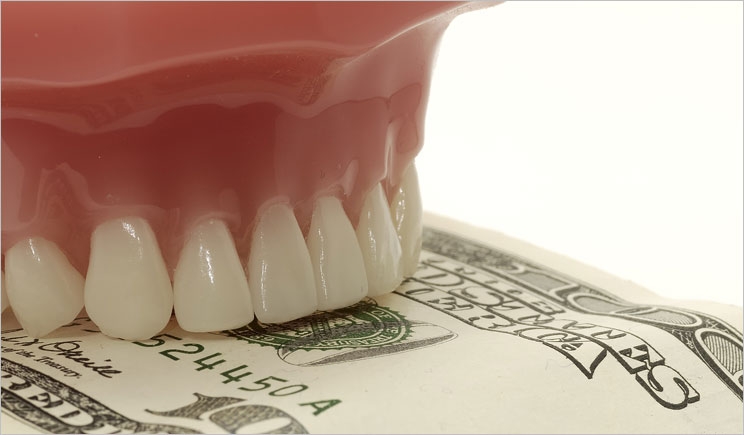
Massachusetts has a tough transparency law, passed in 2012, for healthcare providers. They must tell prospective patients who ask “the contractually agreed amount paid by a carrier to that healthcare provider” or the amount charged “for the service or procedure, including the amount of any facility fee” within two business days. In a recent survey by the Pioneer Institute, dentists fared the best in responding to such queries.
Pioneer surveyed 96 specialists across the state, split evenly among dentists, dermatologists, ophthalmologists, and gastroenterologists. The institute’s callers all requested self-pay prices so the providers wouldn’t need to give the amounts they are paid by various insurance providers for the same service. Dentists were the most transparent in disclosing their prices.
Callers asked about pricing for a cleaning and examination. Prices ranged from $57 for a chain in Boston to $245 for a private practice in Greenfield, with most ranging from $150 to $200. Many offices were unwilling to break down the price between the cleaning and examination, though. Yet many said they were aware of the law, and some said that even if they didn’t know about the law, they would still provide pricing information.
The researchers noted that generally, calls to dental offices were handled efficiently and promptly, and callers often only had to deal with one person. Few callbacks were necessary, with little use of voicemail. Most offices weren’t surprised by questions about the price of procedures. A number of offices said that first-time patients were eligible for reduced prices as well.
Pioneer says that dentists likely were the most forthcoming because many patients either self-pay or have coverage that provides limited benefits. Patients may be used to larger out-of-pocket fees for root canals, implants, bridgework, and other common procedures. And with maximum insurance benefits of $1,000 to $1,500, many patients and offices are used to discussing pricing.
Other medical practices weren’t so straightforward in their responses. For example, personnel at some dermatology offices that were reached reported that prices increase if the doctor finds something wrong, even if no additional treatment is obtained. A few of those who answered the phone were unsure if they had the authority to give out such information, and some were reluctant to discuss price.
When called about routine colonoscopy screenings, 12 of the 25 gastroenterology practices told callers to contact the anesthesiology practice and hospital or clinic separately to get their fees instead of providing all the fees together. And, staff in only 9 of the 23 ophthalmology practices reached even knew about the law.
“Given the broad price ranges our surveys found for all types of services, it is essential that consumers be able to obtain reliable price information about healthcare procedures so that they can obtain the best value among competing healthcare providers,” said Pioneer Institute Executive Director Jim Stergios.
Barbara Anthony, a Senior Fellow in Healthcare at the institute, says that medical practices should create transparent price lists for various procedures. She also calls for the establishment of protocols for relaying prices to prospective patients. These protocols would require practices to educate their staffs about the law. Further, she says that if there are ambiguities or deficiencies in the law, all stakeholders should come together to provide guidance to improve price transparency in the state.


